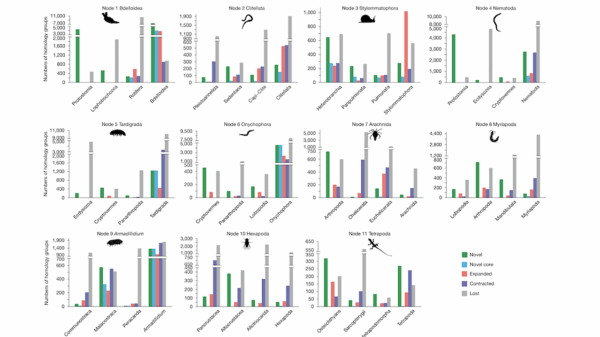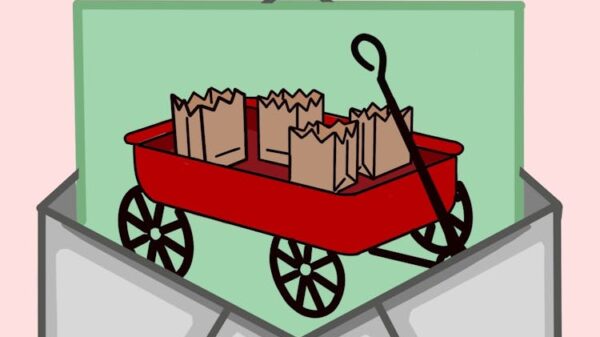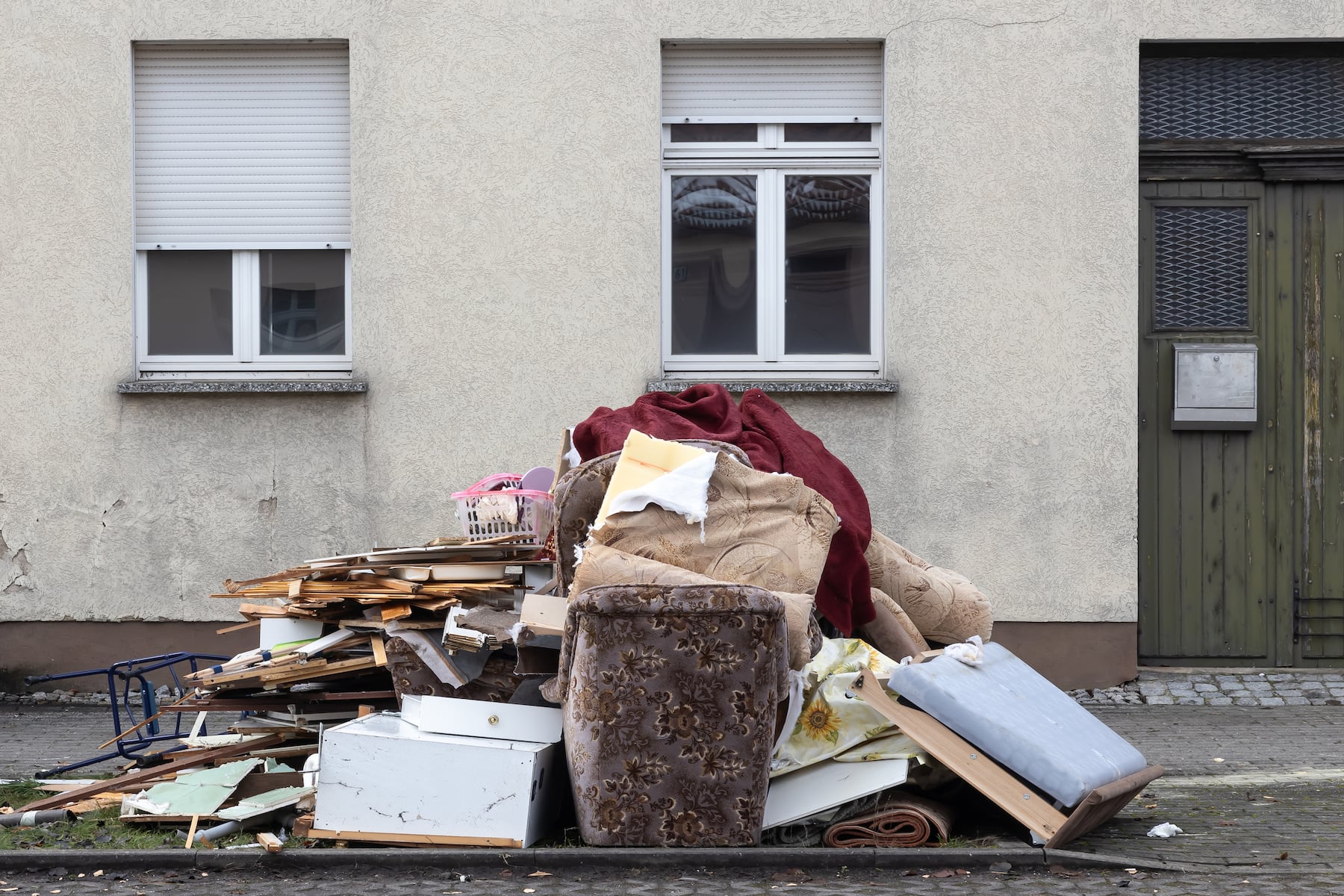A resident of a neighborhood has expressed growing frustration over the clutter left by new neighbors, which has significantly impacted her enjoyment of her home. After more than 40 years of living in her house, the situation has escalated to a point where she feels compelled to address it.
The letter, addressed to advice columnist Annie Lane, describes how the new family next door, while friendly, has allowed their property to become increasingly untidy. The issue centers on the garbage cans, which are carelessly positioned near the side of their house, along with a collection of junk including flattened boxes, broken cement, and bits of wood. This unsightly mess has transformed what was once a pleasant view into what resembles a dumping ground.
Impact on Daily Life
The resident, who refers to herself as Frustrated but Neighborly, highlights that the clutter has made her porch—a favorite spot for morning coffee and evening relaxation—unusable. The sight of scattered toys, gardening tools, and an open car door left overnight further adds to her discontent. Despite the neighbors’ politeness, she worries that their disorganized habits could lead to more significant issues, such as hoarding.
Frustrated but Neighborly has attempted to navigate this delicate situation without causing offense. She is concerned about how to approach the new family regarding their property maintenance while preserving the friendly relationship they have established. “How can I bring up this issue without causing offense or starting a neighborhood feud?” she asks.
Advice for Addressing Neighborly Concerns
Annie Lane’s response offers practical advice for addressing the situation. She acknowledges the resident’s feelings of frustration and emphasizes the importance of maintaining a polite approach. A gentle request, such as asking if the neighbors could relocate the trash cans, may be an effective first step. Lane suggests that many individuals may not realize how their habits affect their neighbors.
If the situation does not improve following the conversation, Frustrated but Neighborly is encouraged to look into local ordinances regarding property upkeep. Many communities have regulations requiring trash to be stored out of sight, which could provide a framework for addressing the clutter without personal confrontation. Lane advises that “the rules—not you—become the enforcers” in such cases.
This exchange highlights the challenges that arise in maintaining neighborly relations, particularly when personal habits clash with community standards. As neighborhoods evolve and new families move in, effective communication becomes crucial for preserving the peace and comfort of all residents.
Readers can follow Annie Lane on Instagram at @dearannieofficial and find more information through Creators Publishing. For those facing similar challenges, sharing concerns with neighbors or seeking guidance from local authorities may help restore harmony in their living environment.



































































